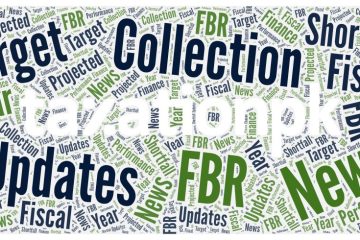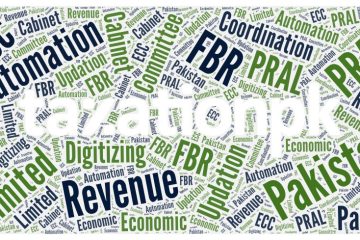The Pakistani government is contemplating various measures to address its fiscal challenges and potentially secure international financial support. This article explores the proposed measures and their potential impact on businesses and consumers.
What is a Carbon Tax?
A carbon tax is a levy placed on the carbon content of fossil fuels like coal, oil, and natural gas. The aim is to discourage their consumption and encourage cleaner energy alternatives. The revenue generated can be used to fund climate-friendly initiatives or offset the economic burdens of transitioning to a greener economy.
Proposed Fiscal Measures:
- Carbon Tax: The government is considering introducing a carbon tax on petroleum products. This could make them more expensive but might also attract international climate finance and cheaper loans.
- Increased Petroleum Levy: Alternatively, the government might increase the existing petroleum levy on fuel products. This levy generates more revenue for the federal government compared to GST, which is shared with provinces.
- Tajir Dost Scheme Enforcement: The government intends to incentivize retailers to register under the Tajir Dost Scheme for tax compliance. Non-compliance might lead to penalties and stricter enforcement measures.
- Higher Withholding Tax for Non-Filers: Withholding tax on bank transactions for non-filers might be increased to encourage tax filing.
- Tax Base Expansion: Efforts to broaden the tax net by including the retail and wholesale sector, agriculture, and potentially reducing and unifying income tax slabs are being explored.
- GST Reform: Transforming the current General Sales Tax (GST) into a true Value Added Tax (VAT) system is considered, despite potential inflationary impacts.
- Privatization: Selling off state-owned enterprises (SOEs) could generate additional revenue.
Potential Impact on End Consumers:
- Fuel Price Increase: A carbon tax or increased petroleum levy could lead to higher fuel prices impacting transportation costs and potentially affecting the prices of goods and services.
- Inflation: The proposed measures, particularly GST reform, could increase inflation, putting a strain on household budgets.
- Stricter Tax Enforcement: Businesses, especially unregistered retailers, might face stricter tax enforcement measures.
- Limited Impact on High Earners: Uniform application of income tax slabs across income sources might not significantly affect high earners.
Overall Considerations:
The Pakistani government faces a delicate balancing act. It needs to raise revenue to address fiscal deficits while minimizing the burden on ordinary citizens.
- Benefits: A carbon tax could incentivize cleaner energy use and attract international climate finance. Tax reforms could improve efficiency and potentially lead to fairer taxation in the long run.
- Challenges: The proposed measures, particularly those impacting fuel prices and inflation, could cause short-term hardship for consumers. Effective social safety nets and targeted assistance for lower-income groups will be crucial. Additionally, ensuring transparency and accountability in tax collection and expenditure is essential.
Looking Ahead:
The final shape of the upcoming budget will depend on negotiations with the IMF and discussions within the government. Open communication and public awareness campaigns regarding the rationale behind these measures will be critical for garnering public support.







